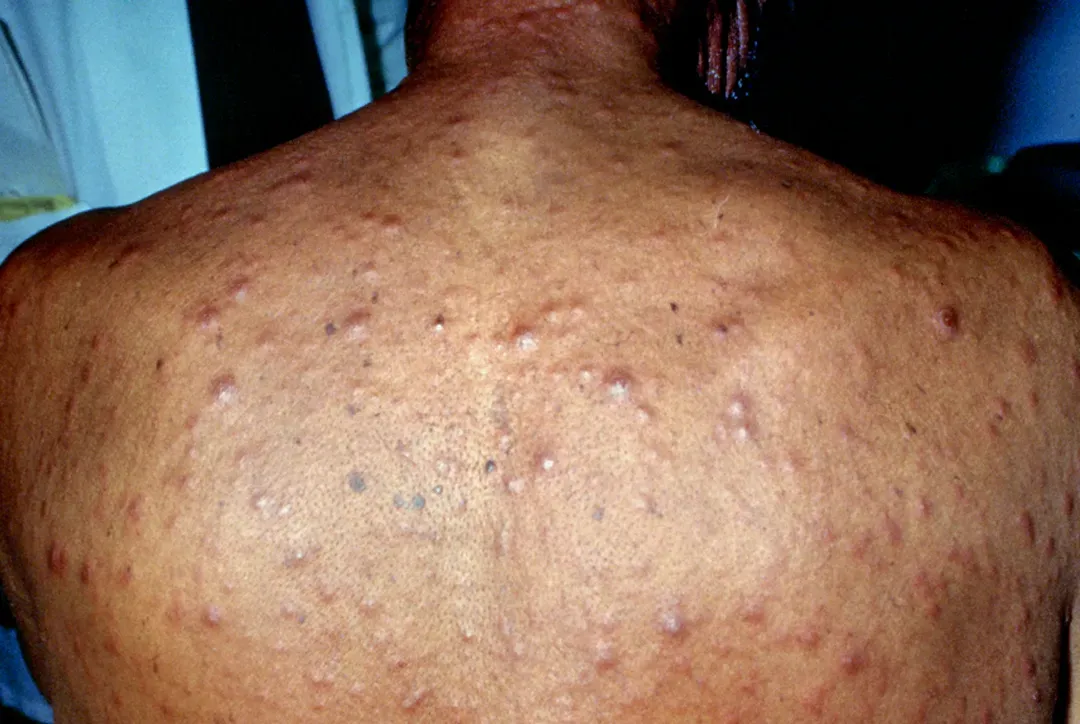Nodular acne is a type of acne that appears under the surface of the skin, is large, is accompanied by inflammation, and causes pain. No wonder the appearance of acne nodules can interfere with the appearance. What causes acne nodules and how to treat them?
Acne Nodules: Causes, Characteristics, and Treatment
To distinguish acne nodules with acne regular or other inflamed acne, there are several signs or characteristics that you can recognize as follows.
- Small bumps appear under the surface of the skin.
- Reddish pimples along with inflammatory conditions that occur.
- It feels painful and hard to the touch.
- Does not have a "top of the head" filled with pus.
- Can not be treated with acne medication without a doctor's prescription.
- Acne can last for weeks or even months.
Generally, acne nodules are larger and can infect the deepest layers of the skin. Apart from the face, acne nodules can appear on the back and body.
What causes acne nodules?
Clogged pores that create bacteria the cause of acne Propionibacterium acnes reproduces together with the buildup of sebum and dead skin cells, causing infection.
However, in acne nodules, the infection occurs beneath the surface of the skin, causing the skin pores to become red and swollen.
Since nodule acne infects the deepest layer of the skin, nodule acne is classified as severe inflammatory acne.
However, there are various risk factors that can increase a person to experience acne nodules, namely:
1. Hormonal changes
One of the risk factors that can increase a person to develop acne nodules is hormonal changes.
This can be caused by increased levels of androgen hormones which cause excess production of natural oils in the skin.
It is this excess oil production on the skin that is the right and comfortable environment for acne to develop.
2. Genetic factors
Genetic factors also play an important role in the growth of acne nodules.
If a parent or family member has problems with acne nodules, then you will most likely experience the condition.
Who gets acne nodules?
Basically, anyone can experience acne nodules. However, this type of acne is more common in boys and men. However, adult women can also experience acne nodules, especially before the menstrual cycle arrives.






